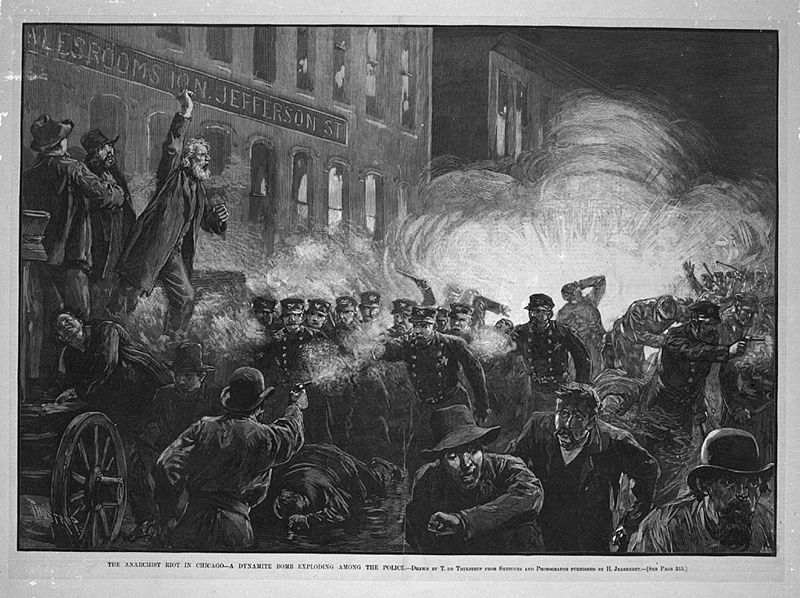Eduardo Galeano, part 1-- part 1 because I assume I will write about him again. He torments my soul, rattles my brains, makes me uncomfortable, yet embraces me all the same. I hate my relationship with this man, only because he makes me see what I did not want to see, feel what in myself had been numbed, hear the voices that have always been shouting but that the rest of the world have crowded out. He peers at me over the patio walls, follows me through the plaza, stares me straight in the face on the city bus. He transforms words into life and life into soul. And embrace after embrace after embrace, he fills my head with thoughts of learning, knowing, and yearning...
Traditions of the Future
 There is just one place where yesterday and today meet, recognize each other, and embrace, and that place is tomorrow.
There is just one place where yesterday and today meet, recognize each other, and embrace, and that place is tomorrow.
Certain voices from the American past, long past, sound very futuristic. For example, the ancient voice that still tells us we are children of the earth and that our mother is not for sale or for hire. While dead birds rain on Mexico City and rivers are turned into sewers, oceans into dumps and forests into deserts, this voice, stubbornly refusing to die, heralds another world different from this one that poisons the water, soil, air and soul.
The ancient voice that speaks to us of community heralds another world as well. Community--the communal mode of production and life--is the oldest of American traditions, the most American of all. It belongs to the earliest days and the first people, but it also belongs to the times ahead and anticipates a new New World. For there is nothing less alien to these lands of ours than socialism. Capitalism, on the other hand, is foreign: like smallpox, like the flu, it came from abroad.
Forgetting
 Chicago is full of factories. There are even factories right in the center of the city, around the world's tallest building. Chicago is full of factories. Chicago is full of workers.
Chicago is full of factories. There are even factories right in the center of the city, around the world's tallest building. Chicago is full of factories. Chicago is full of workers.
Arriving in the Haymarket district, I ask my friends to show me the place where the workers whom the whole world salutes ever May 1st were hanged in 1886.
"It must be around here," they tell me. But nobody knows where.
No statue has been erected in memory of the martyrs of Chicago in the city of Chicago. Not a statue, not a monolith, not a bronze plaque. Nothing.
May 1st is the only truly universal day of all humanity, the only day when all histories and all geographies, all languages and religions and cultures of the world coincide. But in the United States, May 1st is a day like any other. On that day, people work normally and no one, or almost no one, remembers that the rights of the working class did not spring whole from the ears of a goat or from the hand of God or the boss.
After my fruitless exploration of the Haymarket, my friends take me to the largest bookstore in the city. And there, poking around, just by accident, I discover an old poster that seems to be waiting for me, stuck among many movie and rock posters. The poster displays an African proverb: Until lions have their own historians, histories of the hunt will glorify the hunter.
There is just one place where yesterday and today meet, recognize each other, and embrace, and that place is tomorrow.
Chicago is full of factories. There are even factories right in the center of the city, around the world's tallest building. Chicago is full of factories. Chicago is full of workers.

No comments:
Post a Comment